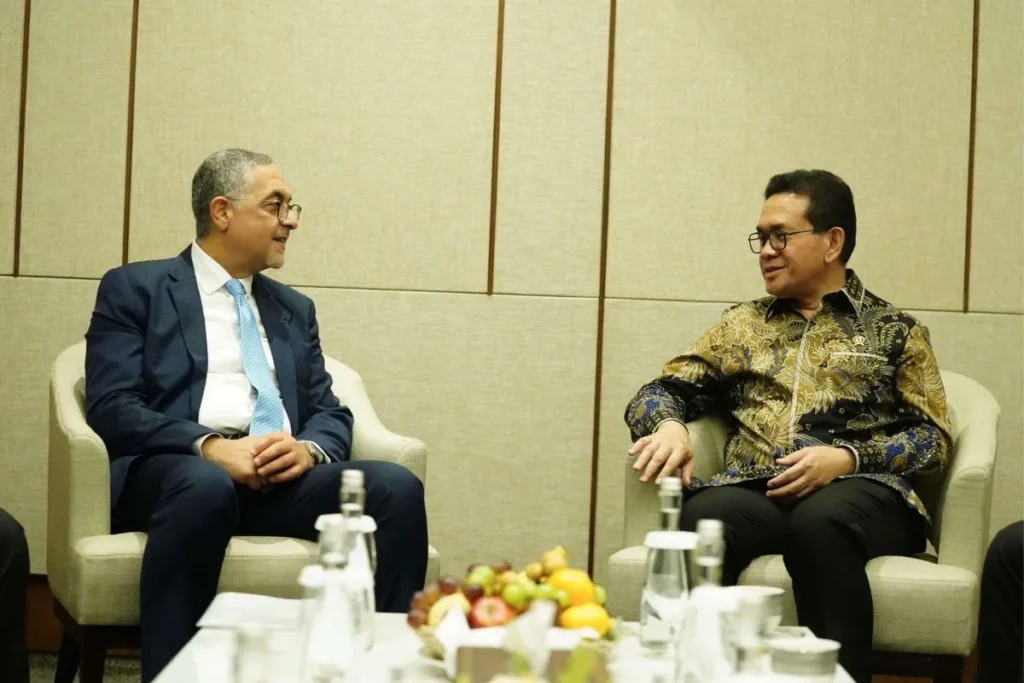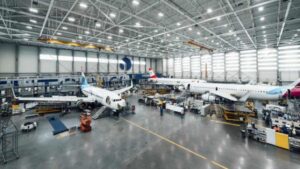Indonesia, Egypt Seek to Forge Preferential Trade Agreement to Boost Economic Partnership

Jakarta, The Gulf Observer: Indonesia is intensifying efforts to strengthen trade relations with Egypt through the establishment of new cooperation frameworks aimed at promoting mutual economic growth, Trade Minister Budi Santoso announced.
During a meeting with Hossam Heiba, CEO of Egypt’s General Authority for Investment and Free Zones (GAFI), on the sidelines of the Trade Expo Indonesia 2025 in Tangerang, Banten, on Wednesday, Minister Santoso proposed forming an economic partnership or a preferential trade agreement between the two nations.
“We would like to push for the immediate commencement of bilateral agreement negotiations. Hence, we hope that the next Joint Trade Committee (JTC) meeting, slated for this year, will facilitate progress toward a trade deal,” Santoso said in a statement on Thursday.
He emphasized that Indonesia had prepared key reference points for discussion and encouraged both sides to begin negotiations without delay.
At the first Indonesia–Egypt JTC meeting held last year in Jakarta, both countries agreed to work toward a trade deal to enhance bilateral cooperation and expand market access for their respective products.
Earlier in April, President Prabowo Subianto and Egyptian President Abdel Fattah el-Sisi signed a Joint Declaration on the Indonesia–Egypt Strategic Partnership, laying the groundwork for deeper collaboration in trade and investment.
Echoing Santoso’s views, GAFI CEO Hossam Heiba underscored the importance of concluding a mutually beneficial trade agreement between Indonesia and Egypt. He also noted Egypt’s close attention to Indonesia’s halal standards and certification requirements, with the aim of facilitating smoother exports to Indonesia next year.
Heiba further suggested enhanced cooperation on halal certification and mutual recognition mechanisms to boost bilateral trade.
Total trade between Indonesia and Egypt reached US$1.74 billion in 2024, with Indonesia contributing US$1.53 billion in exports, primarily consisting of palm oil, coffee, and partially processed iron and steel.


